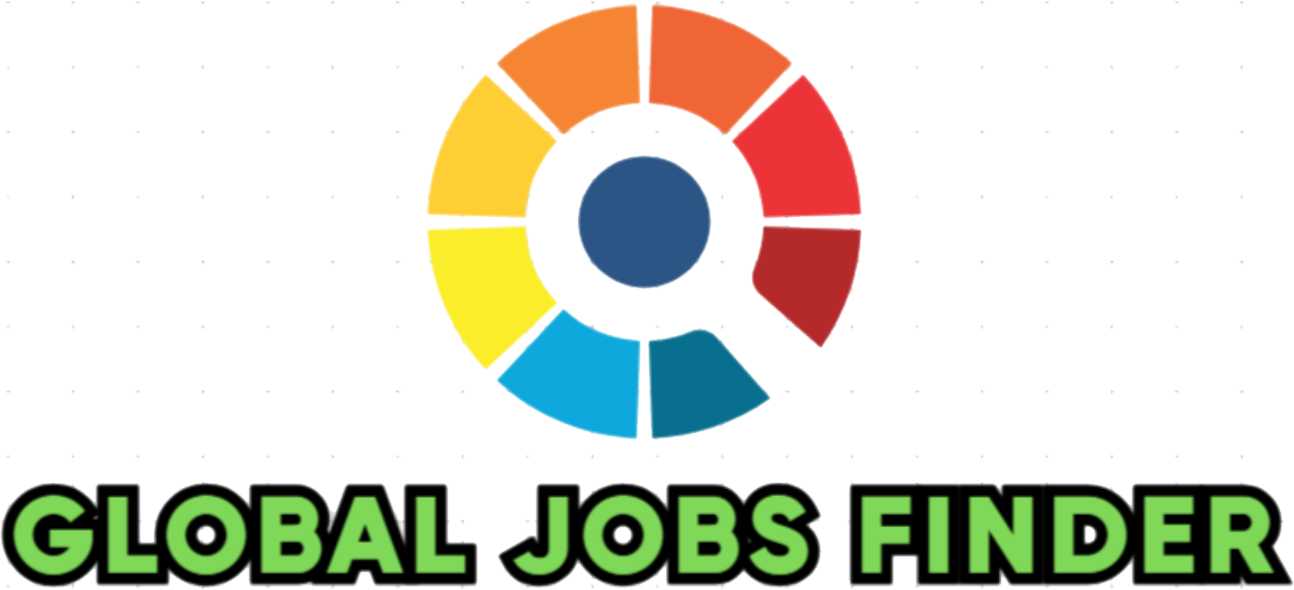
Mental Health Assessments For LGBTQ+
FollowOverview
-
Founded Date November 24, 1921
-
Sectors Banking
-
Posted Jobs 0
-
Viewed 7
Company Description
5 Killer Quora Answers To Mental Health Assessment For Depression

Mental Health Assessment for Depression: Understanding the Process
Introduction
Depression is a widespread mental health condition that affects countless people around the world. The World Health Organization (WHO) estimates that more than 264 million people suffer from depression, which can considerably impact their lifestyle. An appropriate mental health assessment for depression is important for accurate diagnosis and efficient treatment. This post will explore the different aspects of mental health assessments for depression, consisting of kinds of assessments, common screening tools, the assessment process, and regularly asked questions.
What is a Mental Health Assessment?
A mental health assessment is a comprehensive evaluation carried out by a qualified mental health professional such as a psychologist, psychiatrist, or licensed clinical social employee. The goal of such an assessment is to identify a person’s mental health status, detect mental health disorders, and develop a treatment strategy tailored to the person’s needs.
Purpose of the Assessment
The primary functions of a mental health assessment for depression include:
- Diagnosis of Depression: To verify or rule out a diagnosis of depression or other mental health disorders.
- Determining Specific Symptoms: To assess the seriousness and period of depressive signs.
- Taking A Look At Personal and Family History: To comprehend the person’s mental health history and any genetic predisposition to mental health concerns.
- Assessing Functional Impairment: To assess how depression affects day-to-day functioning, consisting of social, occupational, and individual elements.
- Developing a Treatment Plan: To establish an effective treatment technique based on the evaluation results.
Kinds of Assessments
Mental health assessments for depression generally include the list below types:
-
Clinical Interviews
- Structured or unstructured conversations in between the client and the clinician.
- Explores signs, history, and operating.
-
Psychological Tests
- Standardized tools that measure different elements of mental health.
- Includes questionnaires and self-report stocks.
-
Behavioral Assessments
- Observations of behavior in numerous contexts to understand patterns.
- Typically utilized alongside other assessment methods.
-
Physical Exams
- A general assessment to eliminate any medical conditions that may simulate or add to depressive signs.
Typical Screening Tools for Depression
Numerous standardized screening tools are frequently used in mental health assessments for depression. These include:
| Assessment Tool | Description |
|---|---|
| Client Health Questionnaire (PHQ-9) | A 9-item questionnaire used to examine the seriousness of depression symptoms. |
| Beck Depression Inventory (BDI) | A 21-item self-report scale measuring the existence and seriousness of depressive signs. |
| Hamilton Depression Rating Scale (HDRS) | A clinician-administered assessment tool for measuring the severity of depression symptoms in patients who are currently diagnosed. |
| Zung Self-Rating Depression Scale (SDS) | A 20-item self-rating scale utilized to assess the presence and intensity of depressive symptoms. |
The Assessment Process
Preliminary Consultation
The assessment process typically starts with an initial consultation, throughout which the clinician will:
- Gather Medical History: Understanding the patient’s medical background and any pre-existing conditions.
- Take a Detailed Medical History: Including any medications, previous treatments for depression, and family history of mental health problems.
Conducting the Assessment
The assessment generally includes:
-
Interviews:
- The clinician will ask questions about state of mind, thoughts, behavior, sleep patterns, and any experiencing self-destructive thoughts.
- Clients might be inquired about their daily life, support systems, and stressors.
-
Screening Tools:
- Administering one or more standardized questionnaires to measure the intensity of depression signs.
-
Observations:
- The clinician might observe the client’s habits and attitude throughout interviews, noting any indications that might suggest depression.
Diagnosis and Treatment Planning
Upon conclusion of the assessment, the clinician will analyze the data and identify if a diagnosis of depression is suitable. Based on the findings, a personalized treatment plan will be established, which might include:
- Psychotherapy: Cognitive-behavioral therapy (CBT), interpersonal therapy, or other restorative approaches.
- Medication: Antidepressants or other medications customized to the patient’s requirements.
- Way of life Modifications: Encouragement of physical activity, nutritional assistance, and stress management techniques.
- Regular Follow-Ups: To keep an eye on development and make any required modifications to the treatment strategy.
Frequently Asked Questions About Mental Health Assessment for Depression
1. How long does a mental health assessment take?
The duration of a mental health assessment can differ, however usually, it takes anywhere from 1 to 3 hours, depending on the intricacy of the case and the specific tools used.
2. Are there any dangers connected with a mental health assessment?
There are usually no threats associated with going through a mental health assessment. Nevertheless, patients might feel unpleasant discussing certain subjects. Clinicians aim to produce a safe area for open interaction.
3. What occurs after the assessment?
After the assessment, the clinician will provide feedback on the findings, talk about a prospective diagnosis, and collaborate on a treatment plan. Follow-up consultations are typically set up to keep an eye on development.

4. Can I get ready for my mental health assessment?
While preparation is not necessary, people can gain from showing on their symptoms, experiences, and any relevant medical history to provide as much information as possible throughout the assessment.
A mental health assessment for depression is an essential action towards understanding and resolving this complicated condition. By thoroughly assessing the individual’s symptoms, history, and life scenarios, mental health professionals can provide accurate medical diagnoses and effective treatment strategies. The journey to mental well-being starts with the ideal assessment, paving the method for recovery and enhanced quality of life.
